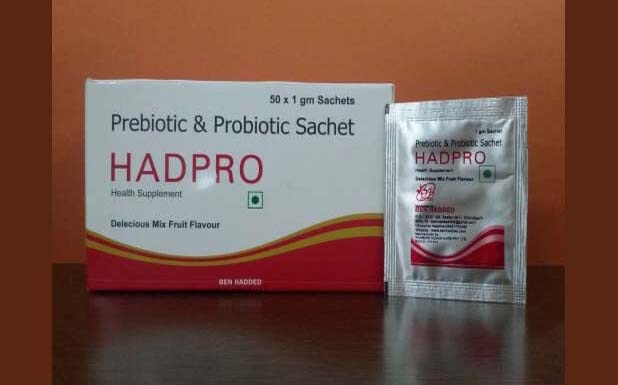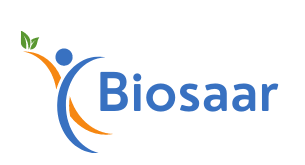Probiotics are good gut bacteria that are present in mostly large intestine of the body naturally and help your intestines break down food. Probiotics that are the same or very similar to the bacteria’s present in your gut which improves digestion and absorption. Prebiotics are the food for good bacteria and is made up of carbohydrates that your body can’t digest. When combined together it’s called microbiome therapy.
Diarrhoea
Irritable bowel syndrome
Allergic disorders
Common cold
Obesity
Inflammatory arthritis
Eczema
Vaginal yeast infections
Lactose intolerance
Urinary tract infections
Increases gut immunity
Probiotics are living good bacteria’s that provide health benefits to the human body when ingested in adequate amounts. probiotics include lactic acid bacteria and bifidobacteria most frequently. Probiotics shows the antagonistic effects on various microorganisms include the following: modification of the gut microbiota, competitive adherence to the mucosa and epithelium, strengthening of the gut epithelial barrier and modulation of the immune system to convey an advantage to the host. Probiotics shows beneficial action or interact with the body by pattern recognition receptors, such as toll-like receptors and nucleotide-binding oligomerization domain-containing protein-like receptors, which regulates important signaling pathways, such as nuclear factor-ĸB and protein kinase, to enhance or suppress activation and influence downstream pathways. The mentioned pathways or receptors are important for eliciting measured antimicrobial responses with minimal inflammatory tissue damage. probiotic strain selection for specific applications can be decided after a clear understanding of these mechanisms and may also uncover novel probiotic functions.
The product is possible safe for most adults when taken under the recommended usage however common side effects include Gas, constipation, loose stool, and loss of appetite sometimes happen, especially at the beginning of the regimen.

| Probiotics cells
(Lactobacillus acidophilus, lactobacillus rhamnosus, Bfidobacterium longum, saccharomyces bourlardii) | 1.25 billion |
| Fructooligosaccharides | 100 mg |
| Fungal amylase | 50 mg |
